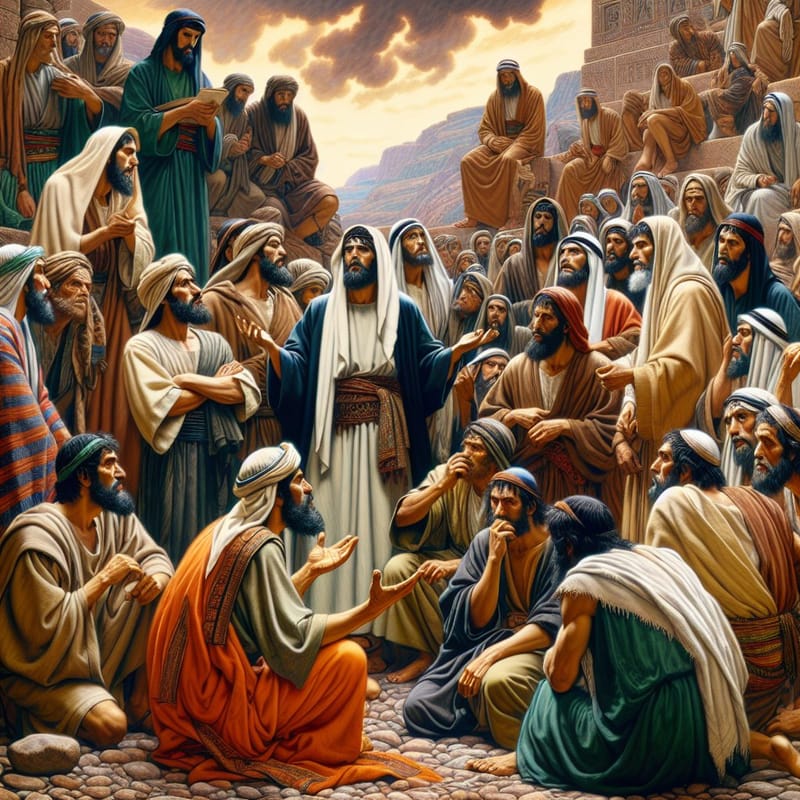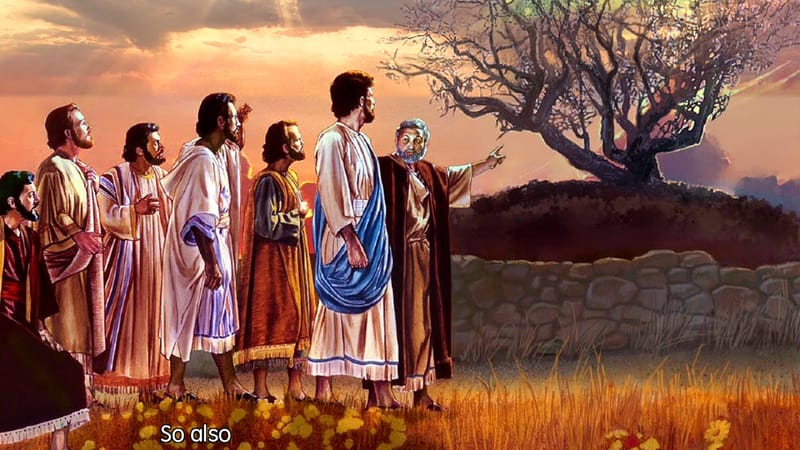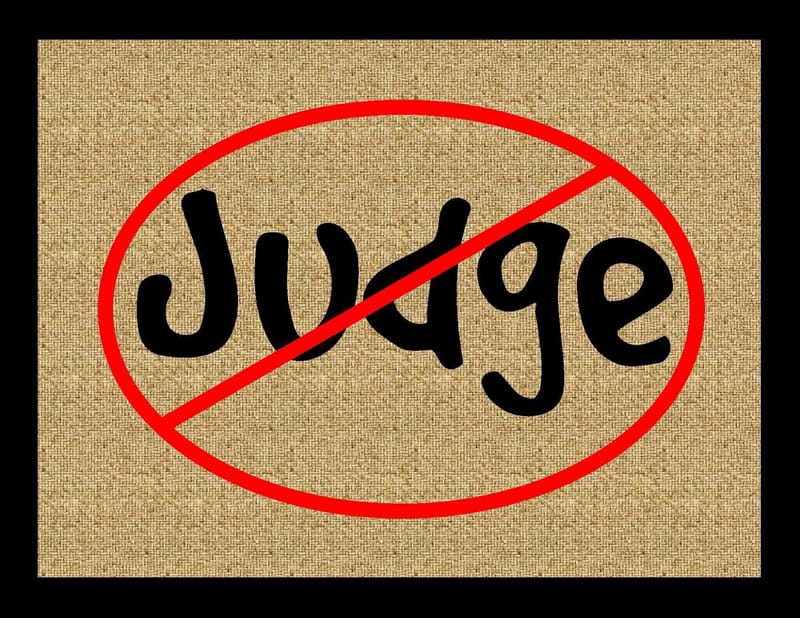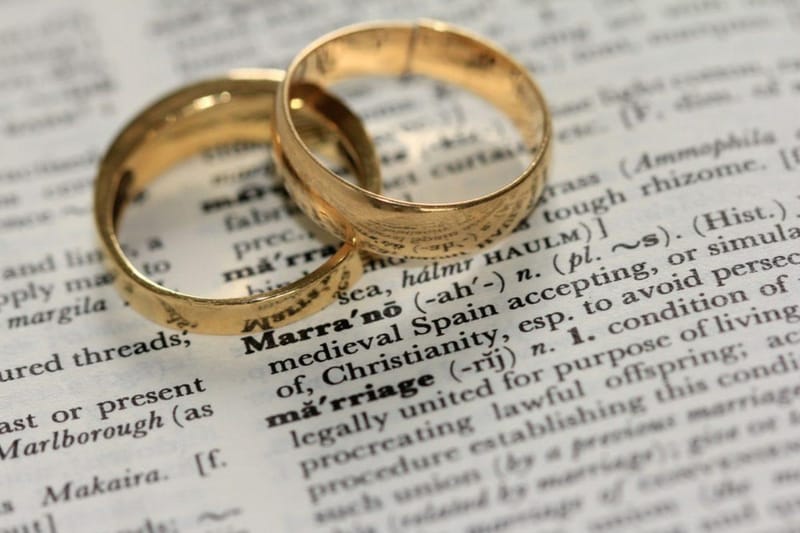DAILY HOMILIES #judge
Jesus wants us to look inwards. To avoid judging and condemning others, we must look at ourselves. Jesus tells us today: “How can you say to your brother, ‘Brother, let me take out the speck in your eye.’ You hypocrite, first take the log out of your eye, and then you will see clearly to take out the speck in your brother's eye.” (Luke 6:42)
Read MoreWhile others were scared of Paul because they judged him as a bad person who later became a Christian, Barnabas saw in Paul a very good man who had a bad past. In this way, Barnabas acted as the salt of the earth, as Jesus instructs in today’s Gospel passage. Just as salt preserves food (prevents it from going stale), Barnabas helped to preserve whatever good was in Saul until he became Paul.
Read MoreRegardless of your religion or denomination, life will always give you an abundance of whatever you give to others. It doesn’t matter whether you are the person who offended first; the golden rule is that whatever you give out must return to you. This is why Jesus told us to love our enemies and do good to them.
Read MoreForgiveness is only sweet when you are the one in need of it. It never ceases to amaze me how I expect others to tolerate, understand, and forgive me when I sin, yet I am mad at people who tolerate, put up with, and forgive others. Why am I angry with someone for forgiving, yet if I were the one being forgiven, I would not be angry?
Read MoreIn our Gospel passage, Jesus describes the kingdom of God as a mustard seed that appears to be the smallest of all seeds but eventually becomes the biggest of all shrubs. A good character begins with little habitual acts. To become the person of your dreams, you have to start with very few acts of goodness and holiness. Whatever good we do, this day is like a seed that eventually grows, shaping us into saints in the future.
Read MoreDon’t be too quick to destroy or bring people down simply because you don’t agree with them. Ask yourself, “what if I am wrong?” The truth is that you cannot always be right. There is always going to be something you can learn from those who hold different opinions with you. The key thing is humility.
Read MoreThe book of Revelations may appear very difficult to understand but the message is very clear – God will judge the world and it is only those whose names are found in the book of life that will eventually merit heaven.
Read MoreIt is in our human nature to judge people whether good or bad. Most times, our judgment is based on what we can see or what we think we know about them, or based on who we are. St. Paul is teaching us today not to be too quick to pass judgment because only God has the capacity to “bring to light the things now hidden in darkness…”
Read MoreJesus said: “I have not come to call the righteous but sinners.” Am I the kind of righteous person Jesus was referring to? Am I full of myself? Do I judge and condemn others knowing full well my own hypocrisy? Do I see myself as complete, perfect, holy, and immune from mistakes? How often do I take out time to examine my conscience? Am I willing am I to learn from other people’s mistakes or do I consider it more important to publicize these mistakes? Stop pointing fingers, start asking yourself: “If that were me, would I have done better?”
Read MoreWhen next you feel a strong urge to correct someone, post a condemnatory video on social media, cry out about an act of injustice, or even gossip about someone to a friend, please examine your conscience thoroughly. Examine your heart, correct yourself, point the torchlight inwards so you can see the log, then remove the log first before you go ahead to judge or criticize. Maybe, while removing your log, you will discover why it has been so difficult for others to remove their specks. Maybe, the lessons you learn will help to refine how you condemn. Maybe, in the end, you will realize there is just no need to condemn anyone at all but to simply begin to do that which you desire to see in others.
Read MoreYour marriage will succeed, when you learn to judge yourself rather than judging your partner; when you learn to admit your faults and say: “I am sorry.”
Read More









